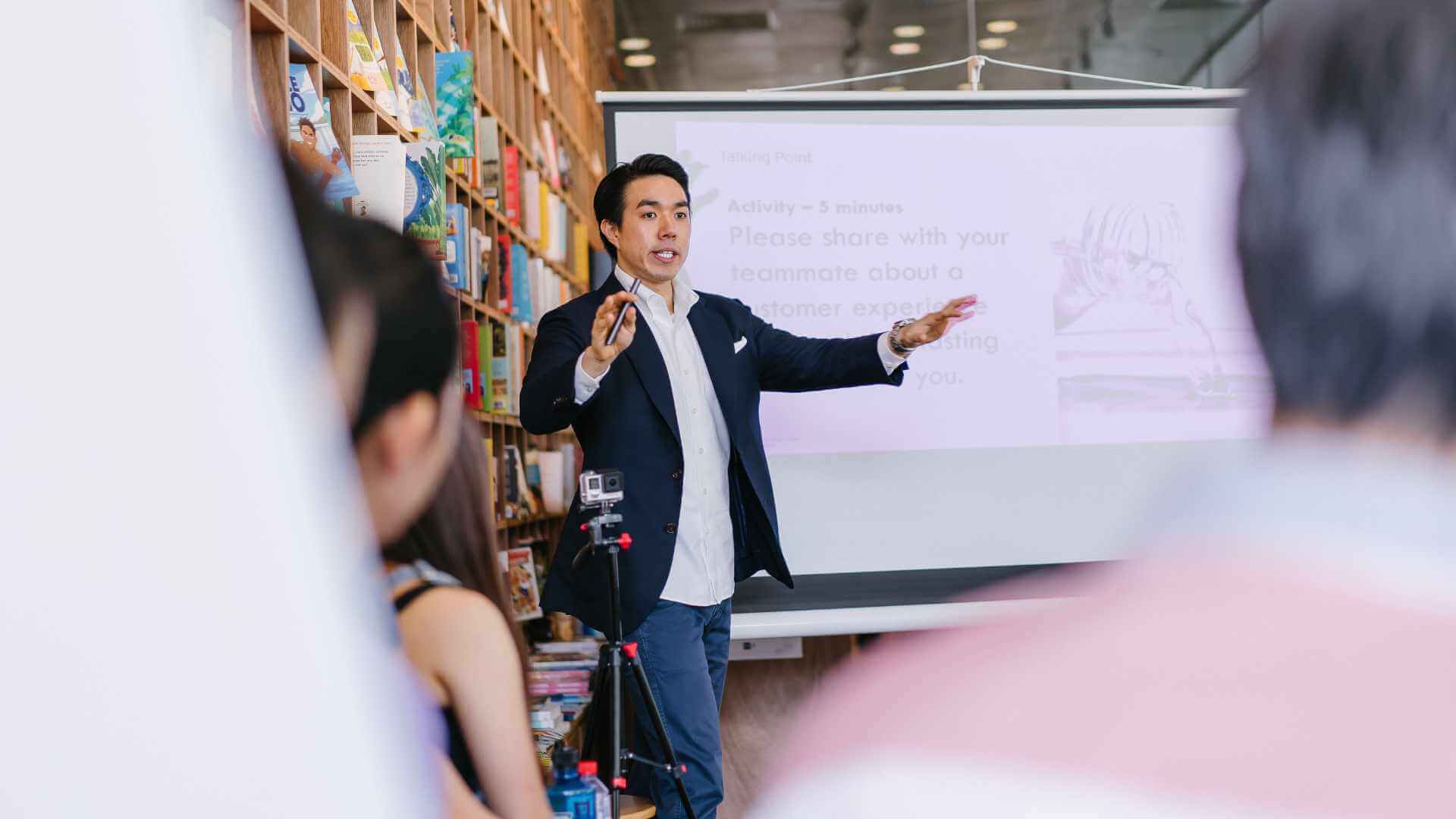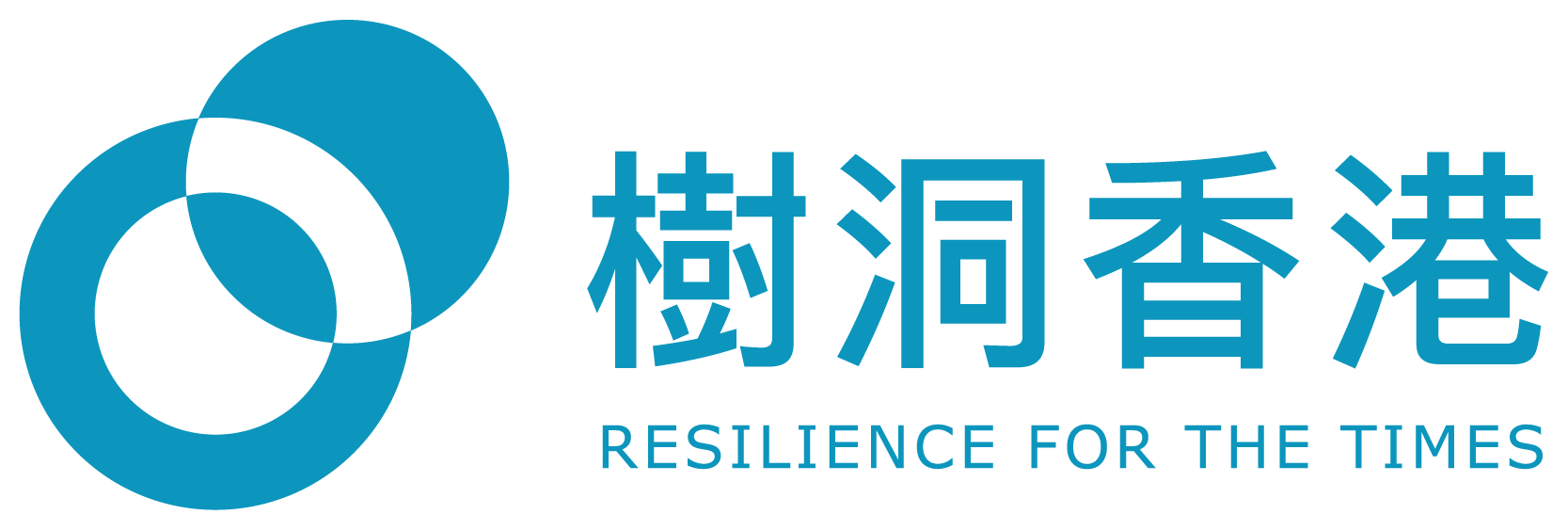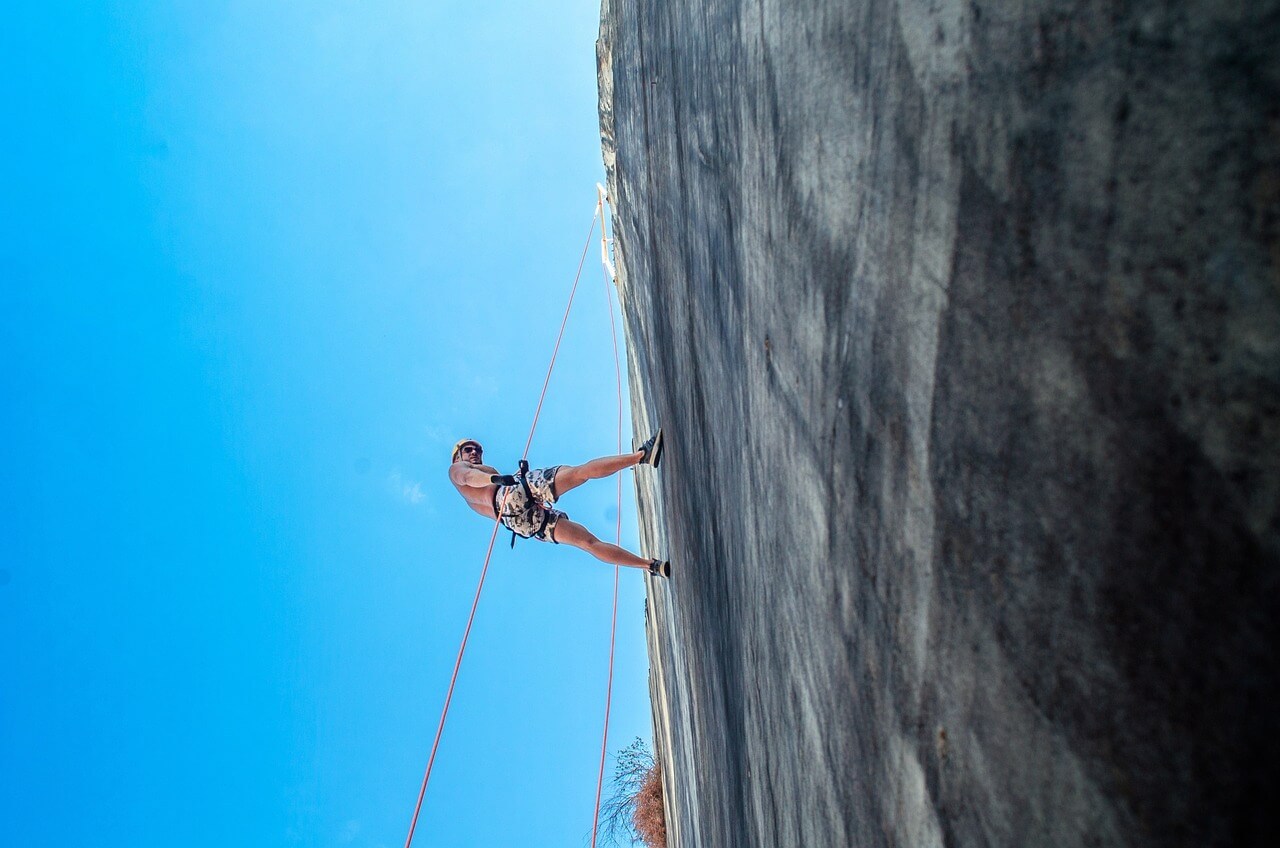
Building Resilience for the Times with Change
與Accenture Song 董事總經理 Luca Fong對談
關於 “Building Resilience for the Times with__” 系列
樹洞香港致力推廣心理學,務求讓你在知識中得到力量,在大時代中活出韌性。
我們與企業領袖對談,了解資深行業領袖如何在日常工作中積極面對時代的挑戰,透過他們的實戰分享,助各行各業的團隊建立韌性。
在瞬息萬變的世界,讓我們結合心理學和商業智慧,成就企業持續的發展。
當前的商業環境千變萬化,能夠適應市場並有效應對實屬基本,而要持續成功,更加要堅毅積極,主動部署。然而,知易行難,很多公司都在推動改革的時候焦頭爛額,或是停滯不前,或是士氣大受打擊。
「推動變革的時候,最難的莫過於考量人性和同事的工作動機,令同事與改變真正扣連。」Accenture Song的總經理Luca Fong一針見血地指出許多企業變革失敗的原因:忽略了解人類需求。
堅韌團隊的成功關鍵:切合人性需求 不再離地
「舉個例,在推動環保的時候,我們常常忘記去了解不同持份者背後的需求。公司、員工、顧客之間各有各考慮,無法對焦,導致期望落差。」Luca道。
管理層要培養團隊的韌性,首先要理解人性。很多項目並非因為不夠創新而失敗,而是因為它們未能引起受眾的真心“buy in”和共鳴,離地感嚴重。
要改革成功落地,我們需要建立一套既能在組織層面,也能在個人層面培養韌性的全面策略(Kim, 2021)。一個組織的韌性與員工的韌性密切相關,換句話說,一個組織的實力與適應力,是其員工的韌性的直接體現(Liang & Cao, 2021)。
變革管理:策略篇
公司的韌性不僅僅是指保持生存“唔執笠住”,而是要在變革中茁壯成長,在困境當前時學習遇強愈強。
Luca分享他協助眾多公司數碼轉型的經驗,他指出有效的變革管理遠超單純的培訓、寫proposal和官方溝通;實際上是包括了對各持份者深刻的在乎和考量,透徹地理解組織內部各個層級的需要。舉個例,他會確保各持份者持續地參與其中,並經常與員工接觸,詳細闡述變革的價值和影響。
樹洞香港深深認同Luca的觀點,在為各行業的團隊提供培訓及心理學顧問服務的時候,我們觀察到許多公司缺乏持份者全面的參與,跨部門跨層級的溝通不佳,導致員工不明所已,改革寸步難行。
研究顯示,策略上結合員工韌性與組織韌性的公司,在破壞性創新中的成功機會是其他公司的2.5倍(Liang & Cao, 2021),證明確保個人與組織目標一致,對培養兩者的韌性非常重要。
Luca 的建議:
• 減壓良方: 引入反饋機制,容許未知--「領導者要能夠接受不確定性,並且要容許問號的存在。」Luca 表示。建立反饋機制有助於即時調整策略,確保公司與當前的經濟環境息息相關。
• 讓同事感受工作中的尊嚴: 作為領導者,我們的角色是保持透明,取信、安撫並引導我們的跟隨者,協助他們的方向與公司目標對齊。2025年經濟挑戰重重,公司可能僅僅根據數據做出決策 – 但與此同時,同事能否在工作中感受到尊嚴,與生活平衡,這些都是應該優先考慮的問題。
• 顧客體驗行先: 人類天生抗拒改變,理解人性的設計方能更容易被接受。通過將策略與目標受眾的實際需求對齊,我們可以彌補轉型時,理想和現實之間的差距。
採訪手記
Luca在數碼轉型領域經驗豐富,協助過不少企業成功轉型。這次採訪中,他分享了一個讓我印象深刻的管理心法:讓同事感到有控制權。
在樹洞香港,我們經常收到管理者的查詢:為什麼同事對改革總是陽奉陰違?團隊士氣低迷,該如何應對?
Luca的建議非常實際且具啟發性:「如果你在計劃初期就讓同事參與討論,給予他們表達意見的機會,並認真考慮他們的反饋,他們會覺得自己是解決方案的一部分,而不是被動接受者。這樣一來,大家會覺得改變是共同選擇的結果,自然不會那麼抗拒。」
Luca的觀點直擊問題核心,不僅為管理者提供了清晰的思路,也讓人看到數碼轉型中「以人為本」的重要性。
非常感謝Luca成為本採訪系列的首位嘉賓,他的經驗和見解為我們帶來了許多啟發!
(Eng)
About “Building Resilience for the Times with ___”
This is a series showcasing veteran business leaders who are supportive and joining day-to-day at work building resilience for the times, with their passion and experience, active in their industries.
Some build resilience through innovation, some build resilience with empathy. In face of unknown tides, they share their real cases of ups and downs and give us, the fellow travellers in this VUCA world, the guidance of wisdom, from the lens crossing psychology and business.
We are delighted to have Luca Fong, the Managing Director of Accenture Song, to share his views on how to build resilience while remaining human during these times of change.
In the current business environment, the ability to adapt and respond effectively to market shifts is paramount for sustainable success. As leaders, we build resilience within our organizations to navigate these changes adeptly.
“The main challenge lies in aligning initiatives with human nature and motivations,” Fong remarks. “It’s important to consider the basic human elements and relevance to the people involved when advancing efforts.”
Being Relevant – Key to Building Resilience in a Changing Era
“Often when promoting environmental initiatives, we forget to understand the underlying human needs. There is a relevance gap between the company, its employees, and its customers, resulting in misaligned expectations,” says Fong.
Indeed, to foster resilience, it is essential to understand the human aspect of change management. Often, sustainability initiatives falter not due to a lack of innovation, but because they fail to resonate with the people they aim to influence. This disconnect stems from a relevance gap between the company’s intentions and the stakeholders’ expectations and needs.
Addressing this gap requires a holistic approach that fosters resilience at both the organizational and individual levels (Kim, 2021). Organizational resilience is intrinsically linked to the resilience of its employees, suggesting that the strength and adaptability of an organization are a direct reflection of its workforce’s resilience (Liang & Cao, 2021).
Change Management Strategies
Resilience in business is not merely about survival but thriving through changes and learning in the face of adversity.
Fong shared his experiences and insights regarding helping organizations navigate change. Effective change management extends beyond mere training, planning, and communication. It encompasses stakeholder management, which requires a deep understanding of the various needs across the organizational spectrum. Frequent engagement and articulation of the value and impact of change ensure ongoing commitment and minimize resistance.
We share Fong’s perspective. As a provider to numerous industries and companies, we have observed that many organizations struggle with effective change management, often due to a lack of comprehensive stakeholder engagement and cross-level communication.
According to a recent study, organizations that integrate employee resilience with organizational resilience strategies are 2.5 times more likely to thrive through disruptive change (Liang & Cao, 2021). This finding underscores the importance of aligning individual and organizational resilience efforts.
As we push forward, we must come to the realization that resilience is not just a defence against hard times, but a proactive stance to ensure not just survival but flourishing in turbulent times. Luca’s sharing and research both pointed to the importance of aligning individual and organizational resilience; through doing so, we build a strong foundation to face any future challenges in store, and make sure that no waves would get to us.
Top Tips from Luca

feedback mechanisms, dignity of work, and customer experience design.
Involve feedback mechanisms to reduce stress : “It is essential for leaders to be comfortable with uncertainty and it is okay to have question-mark,” smiles Luca. Feedback mechanisms help in adjusting strategies in real time, ensuring they remain relevant as economic and environmental conditions evolve.
Embrace The dignity of work: As leaders, our role is to comfort and guide our followers through transparency and by helping align their directions with the organization’s goals. The dignity of work and life balance should be a priority, especially in challenging times like the financial downturn anticipated in 2025, when many organizations may make decisions based on data alone.
Leveraging Customer Experience Design: Understand the natural tendencies of humans to resist change and design initiatives that are more likely to be embraced. By aligning strategies with the actual needs and desires of our target audiences, we can bridge the gap between digital transformation aspirations and practical, on-the-ground needs.
Reporter Observation
Luca is a veteran in helping organizations drive digital transformation. What impresses me most is the autonomy he advocates: make your colleagues feel in control.
At TreeholeHK, we often receive questions e.g. Why colleagues are so reluctant to change? Why is there a lack of morale?
Luca offers practical advice to managers: “If you include your colleagues in the discussion at a very early stage, they can give feedback and participate in the process, they will feel that they have a part to play in creating the solution, and that we are all going to choose together, and then the colleagues will not be too resistant to the change.
Thank you very much to Luca for taking the time to be the first in this interview series!
Reference:
Kim, Y. (2021). Building organizational resilience through strategic internal communication and organization-employee relationships. Journal of Applied Communication Research, 49(5), 589-608. https://doi.org/10.1080/00909882.2021.1910856
Liang, F., & Cao, L. (2021). Linking Employee Resilience with Organizational Resilience: The Roles of Coping Mechanism and Managerial Resilience. Psychology research and behavior management, 14, 1063-1075. https://doi.org/10.2147/PRBM.S318632
為你推薦

團隊心智韌性培訓
許多心理學研究顯示,要摒棄玻璃心,需先由了解自己開始。推而廣之,方能建立團隊的韌性,繼而在市場上毋懼風浪,遇強愈強。有見及此,樹洞香港推出團隊心智韌性培訓計劃,鋪排一年的學習與實踐活動。

管理心理學全方位
這個培訓計劃能提供全面的管理心理學知識,協助參加者建立優秀的領導能力。參加者會理解如何在團隊中培養心理安全感、情境領導模型和不同領導反饋技巧,令他們能靈活運用不同的領導風格和溝通模式管理下屬。
我們的服務

課程
深入淺出的心理學線上及實體課程,提升自我。

MindForest App
運用心理學與人工智慧的研究成果,助你面對生活的每一刻挑戰。

心理治療
全面及實證的心理治療及輔導服務,疏導情緒。

社群活動
一系列的社群活動,凝聚不甘原地踏步,嚮往結伴成長的你。

企業培訓
全面的人才培訓與發展方案,為你締造長遠的企業發展。

ForestGuide 諮詢
一對一諮詢服務助你描繪人生藍圖,找到前進的力量與方向。

